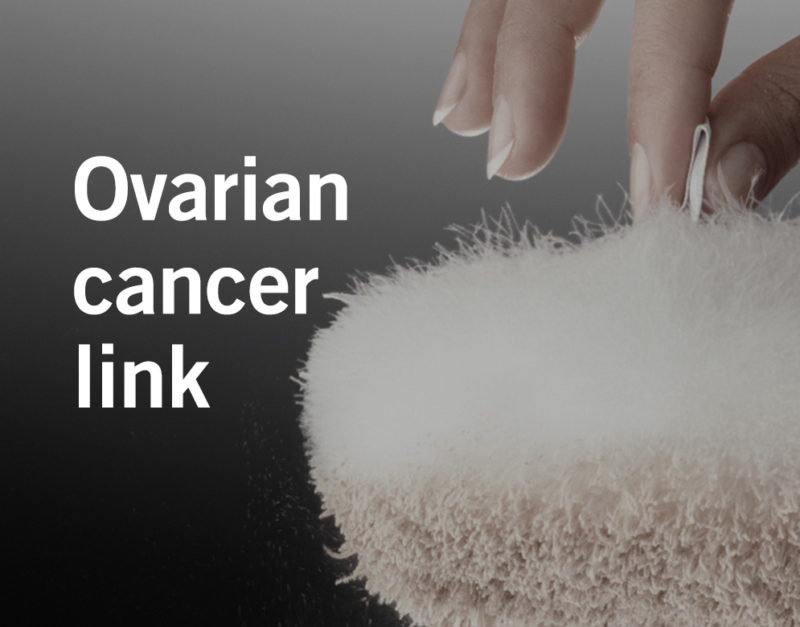 January 12, 2021
January 12, 2021 A recent decision in a Missouri appeals court ordered Johnson & Johnson to pay $2.1 billion in damages to women who claimed their ovarian cancers were caused by the company’s legacy product, Johnson’s Baby Powder. Having faced thousands of lawsuits with similar allegations since 1999, J&J announced last May they would stop the sale of the talcum powder though not out of concern for the safety of their consumers. Instead, the company based its decision on the decline in demand for the product and the negative publicity surrounding it. Even though J&J and other companies like Gold Bond have continued to uphold the reliability of their talcum powder, numerous scientific studies and publications have found a consistent link between genital talc exposure and an increased risk of ovarian cancer.
Asbestos Contaminated Talc
As the main ingredient in most bath powders, manufacturers of talc have long promoted it as being gentle enough for use on babies. Its unique fragrance and unmatched softness have often made it an irreplaceable component of a product mainly purchased by adult women who apply to it prevent chafing between the legs. Like asbestos, talc is a natural mineral. In fact, underground deposits develop under such similar geological conditions that veins of asbestos may become woven, or crisscross, into talc deposits. Eventually, the dependable mineral used in many cosmetic products becomes contaminated with the known carcinogen – leaving many women at risk of developing ovarian cancer.
The Risk Associated with The Use of Talcum Powder
In a study involving 563 women with newly diagnosed ovarian cancer, epidemiologists concluded that there is a significant association between the use of talc in genital hygiene and the risk of contracting such a specific type of cancer. Though the analysis does not precisely specify how the use of talc in that area might induce ovarian cancer, the researchers established key elements supporting the link. For instance, the researchers point to the fact that talc has been found in both healthy and malignant ovarian tissue, leading them to further understand that exposure to asbestos-contaminated talc is likely the cause of ovarian cancer. The study also determines that avoiding talc in the genital area might reduce the occurrence of a highly lethal form of cancer by at least 10%.
In addition to this, scientists also examine the risk of contracting ovarian cancer with the timing of talc use and a woman’s first pregnancy. Research shows that exposure to talc “prior to rather than after a first live birth appeared more harmful.” In other words, genital talc use that begins after a first pregnancy appears to be associated with a lower risk compared to use beginning before that milestone.
These findings prompted the researchers to advise that appropriate warnings should be provided to women about the potential risks of talc use in the genital area. Despite all the overwhelming evidence presented in studies like this one, companies have neglected both their moral and legal responsibilities to warn consumers of potential dangers that can result from their products.
How We Help Talc Victims
Seek justice with the help of our experienced attorneys. Our Dallas, Texas talc law firm has battled corporate giants on behalf of individuals like you for 20 years, aggressively fighting those responsible for dangerous products and the personal injury and cancers they caused. If you were diagnosed with ovarian cancer resulting from talc usage, we can help.


